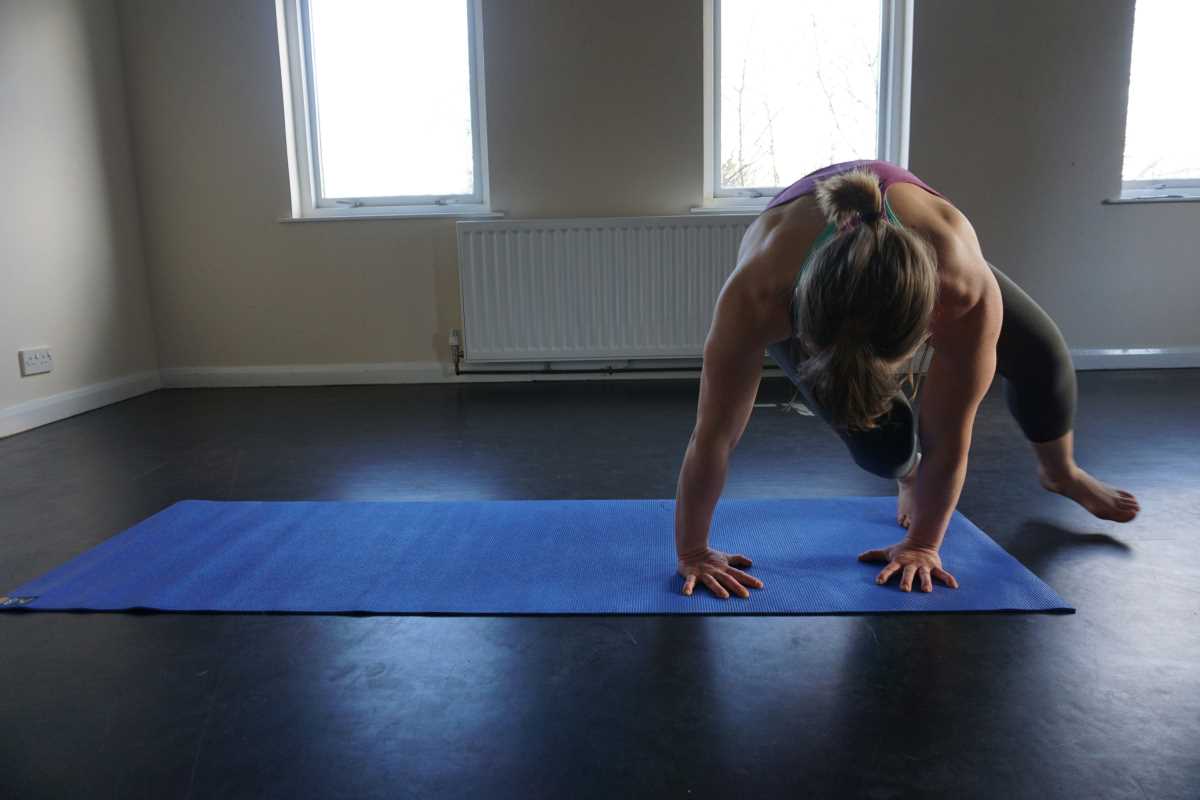Finding a balance between life's demands and personal well-being can feel like walking a tightrope, especially in today’s fast-paced world. The constant juggle of work, family, and personal responsibilities can leave little room for self-care, leading to feelings of overwhelm and burnout. The journey from stress to serenity isn't just a pleasant idea—it’s essential for living a fulfilling and meaningful life. With well-being practices like meditation, regular exercise, and proper time management, you can remold daily chaos into moments of peace and clarity. These small, intentional actions can make every day more manageable and enjoyable, allowing you to focus on what truly matters.
Understanding Stress and Its Impact
Stress is more than just a fleeting feeling; it can have profound effects on both mental and physical health. Chronic stress can lead to issues like anxiety, depression, and even heart disease. Understanding the root causes of your stress is the first step toward managing it effectively.
Recognizing how stress affects your body and mind allows you to take proactive measures. By identifying triggers and acknowledging their impact, you can develop healthier responses and reduce the overall stress in your life.
Meditation Practices for Serenity
Meditation is a powerful tool for cultivating inner peace. It involves being present in the moment and fully engaging with your current experience. Whether through meditation, deep breathing, or simply paying attention to your surroundings, meditation helps break the cycle of stress.
Nutrition and Well-being
- Incorporate a variety of fruits and vegetables to ensure a balanced intake of vitamins and minerals.
- Stay hydrated by drinking plenty of water throughout the day.
- Limit processed foods and opt for whole grains to maintain stable energy levels.
- Include healthy fats, such as those found in avocados and nuts, to support brain health.
- Practice mindful eating by paying attention to hunger cues and savoring each bite.
Good nutrition plays a crucial role in how we feel both physically and mentally. By making healthy and thoughtful food choices, you can boost your energy levels and enhance your overall sense of well-being.
Physical Activity and Yoga
- Start with basic stretches to warm up your muscles and prepare your body.
- Move into sun salutations to build strength and flexibility.
- Focus on holding poses that promote balance and concentration.
- Incorporate breathing exercises to center your mind and reduce tension.
- End your session with a relaxation pose to fully absorb the benefits.
Engaging in regular physical activity, especially yoga, can significantly reduce stress levels. Yoga not only enhances physical health but also promotes mental clarity and emotional stability.
By following a structured routine, you can gradually increase your flexibility and strength while also finding moments of peace and relaxation.
Creating a Balanced Routine
Establishing a balanced routine is key to shifting from stress to serenity. Start by setting aside dedicated daily time for meditation, nutrition, and physical activity. Consistency is essential in building habits that support long-term well-being.
Incorporate small changes gradually, allowing them to become a natural part of your daily life. Prioritize activities that nourish your body and mind, and don't hesitate to adjust your schedule to maintain this balance.
Creating a Supportive Environment
Your environment plays a significant role in your overall well-being. Surrounding yourself with positive influences and minimizing negative stressors can create a sanctuary for your mind and body. This might involve decluttering your living space, creating a cozy nook for relaxation, or spending time with supportive friends and family.
Additionally, setting boundaries in both personal and professional settings ensures that you have the time and space needed to focus on your well-being. A supportive environment fosters resilience and enhances your ability to maintain serenity amidst life's challenges.
Embracing Gratitude and Positivity
Practicing gratitude can shift your focus from what's causing stress to what brings joy and satisfaction. Taking time each day to reflect on the positive aspects of your life can improve your mood and increase overall happiness.
Incorporate positivity by surrounding yourself with uplifting content, engaging in hobbies that you love, and celebrating your achievements, no matter how small. This mindset not only reduces stress but also builds a foundation for sustained well-being.
Developing Healthy Sleep Habits
Quality sleep is essential for both physical and mental health. Establishing a regular sleep schedule helps regulate your body's internal clock and improves the quality of rest. Aim for 7-9 hours of sleep each night to ensure you wake up refreshed and ready to tackle the day.
Create a calming bedtime routine by avoiding screens before bed, reading a book, or practicing gentle stretches. A restful night's sleep can enhance your mood, increase productivity, and reduce stress levels.
Setting Realistic Goals
Setting achievable goals gives you a sense of purpose and direction. Break down larger objectives into smaller, manageable tasks to avoid feeling overwhelmed. Celebrate each milestone to stay motivated and maintain a positive outlook.
By setting realistic goals, you create a roadmap for your well-being journey, allowing you to track progress and make adjustments as needed. This approach fosters a sense of accomplishment and encourages continuous growth.
Engaging in Social Connections
Never underestimate support systems. Building and maintaining strong social connections can provide emotional support and reduce feelings of isolation. Make time to connect with friends and family, share your experiences, and offer support in return. Engaging in group activities or joining communities centered around your interests can also enhance your sense of belonging and contribute to your overall well-being.
 (Image via
(Image via





